African MBA programs are reclaiming sustainability in business education
Corporate Knights
NOVEMBER 8, 2024
Since becoming a signatory of the United Nations Principles for Responsible Management Education in 2009, GIBS has woven the UN Sustainable Development Goals (SDGs) deeply into its curriculum, Chiba explains. Ten years ago, sustainability wasn’t part of the conversation, and the program was built around a narrow curriculum.


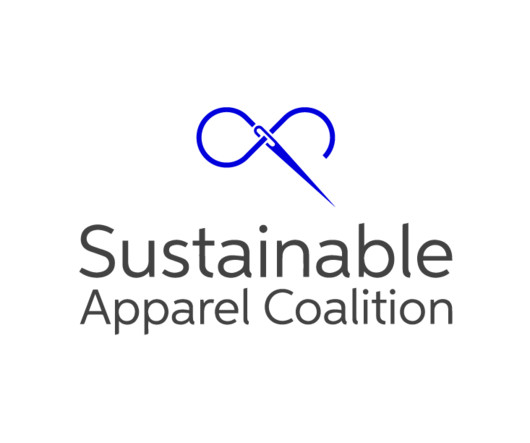
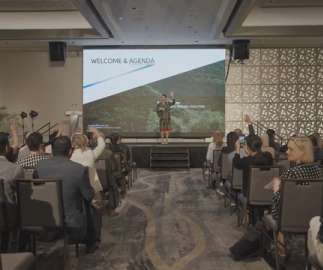
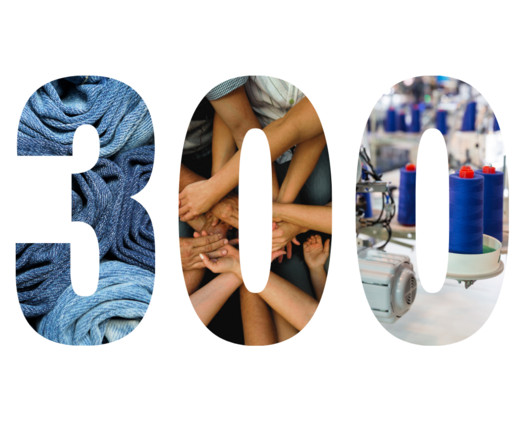


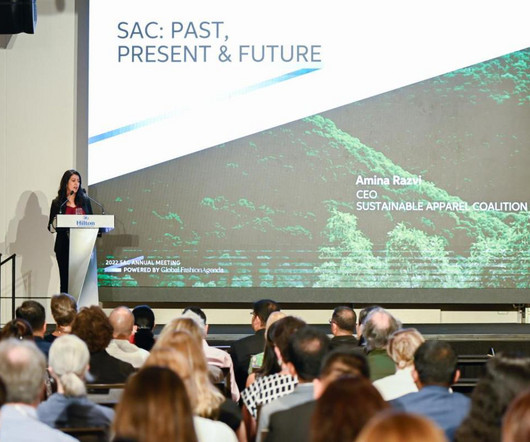
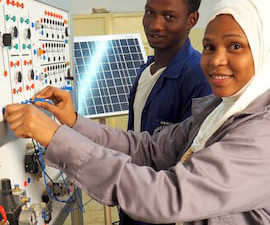
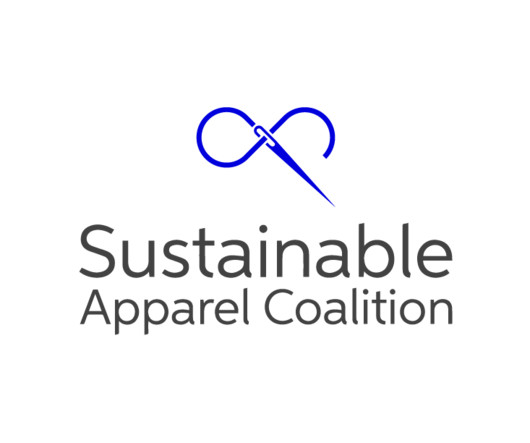

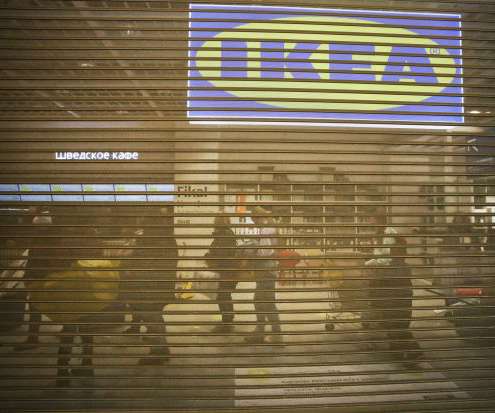






Let's personalize your content